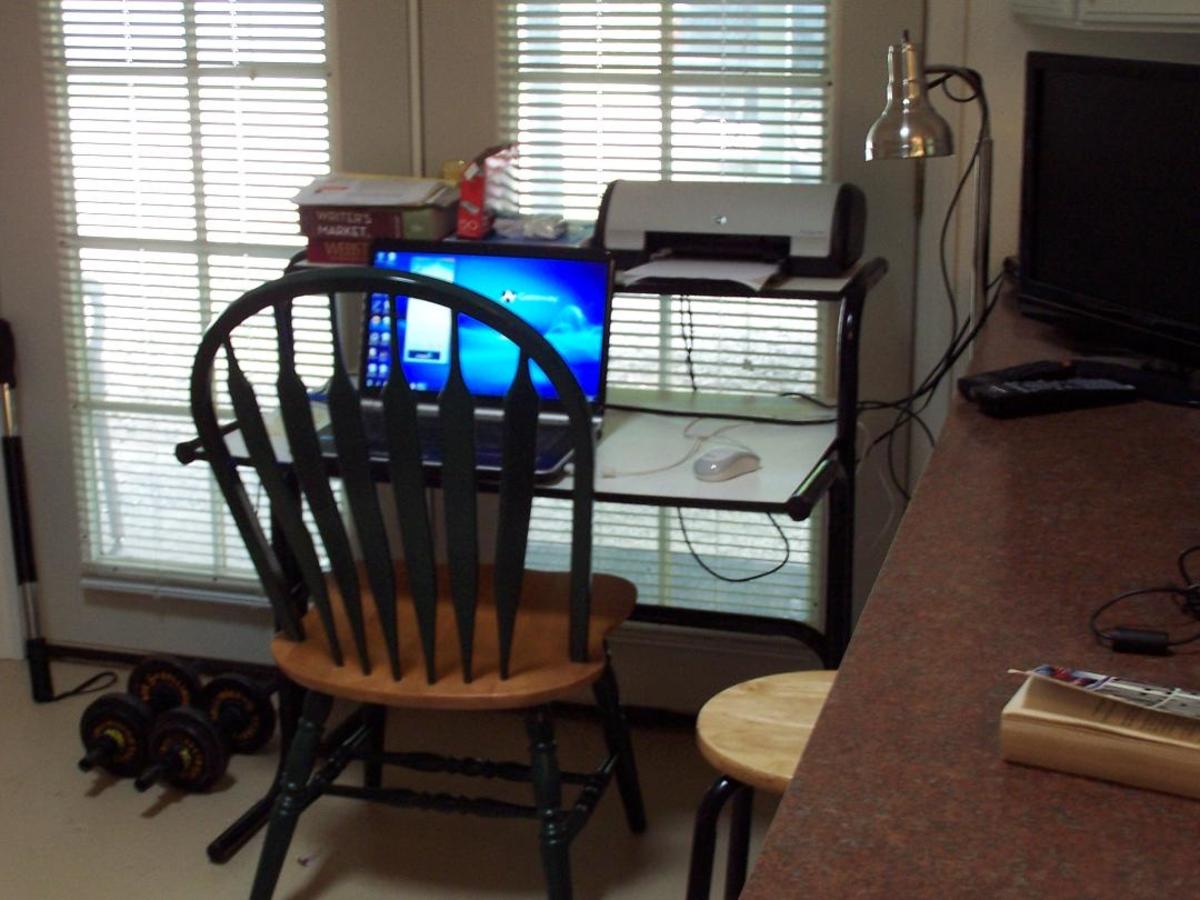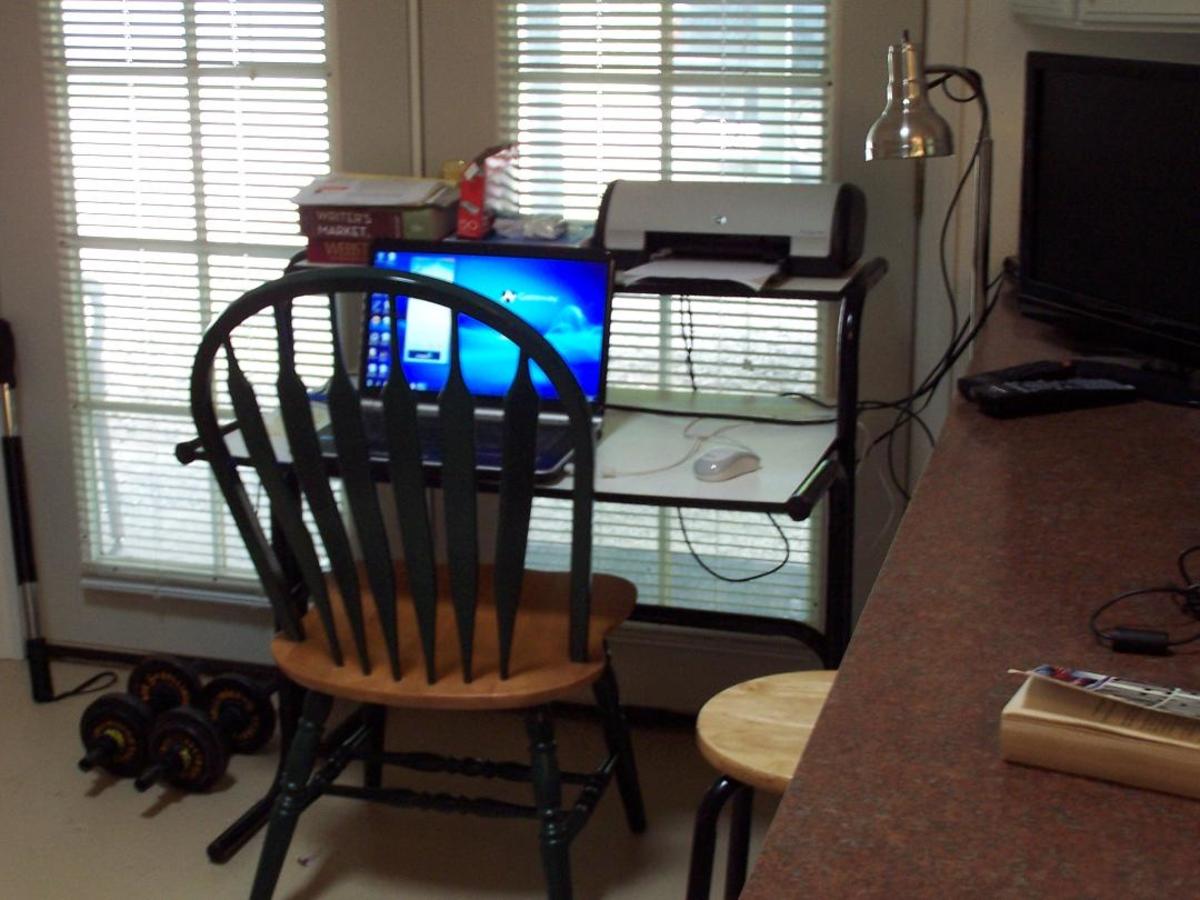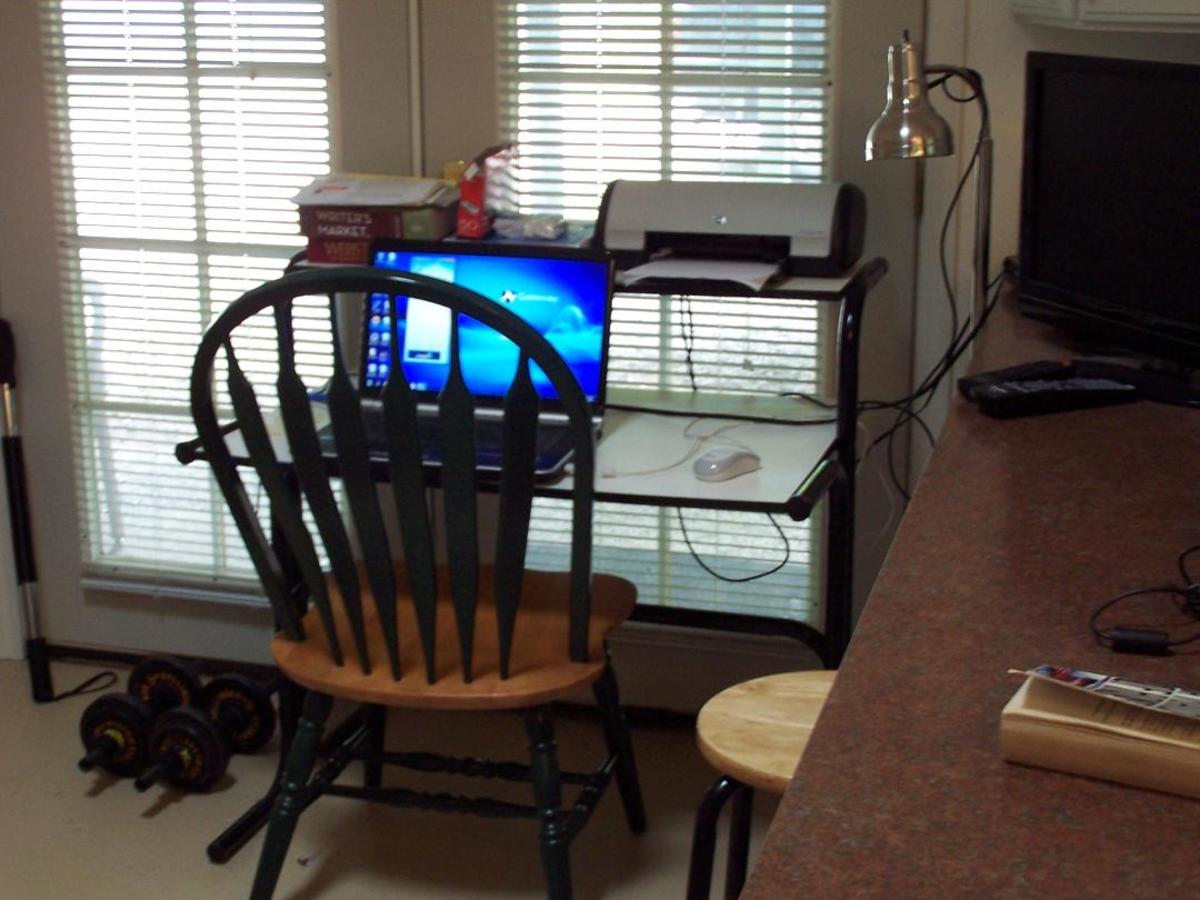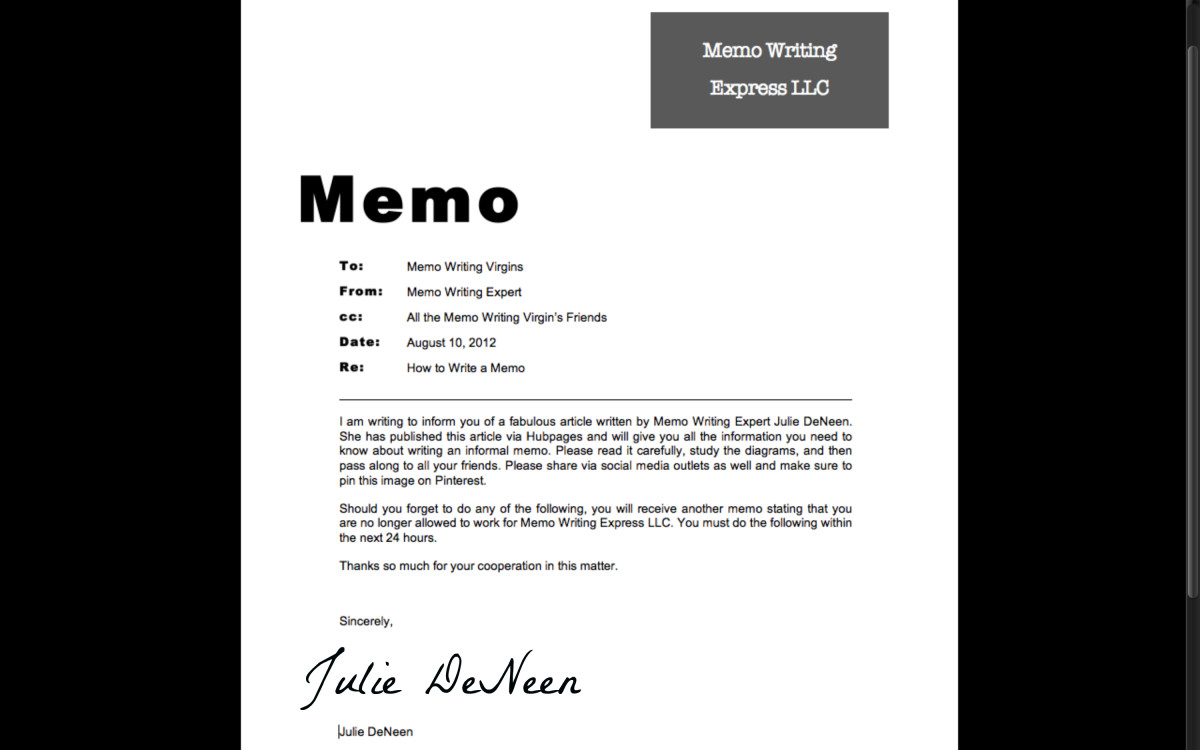How to get Over a Writer's Block

The Most Annoying Problem for Every Writer
One of the most dreadful things that can happen to a writer is “The Writers Block”. It’s that feeling when you are staring at a blank page and not knowing where to start. It’s very strange, because you remember moments of inspiration that were very different. At those moments writing was the easiest thing in the world. Maybe, just a couple of days ago (or weeks) you were jumping in joy and happiness when you were sure you had the idea for the next bestseller. After writing a couple of pages or a chapter, you decided to have a break and rest for some time. Later, you come back to your writings and ask yourself “Who wrote this?”. Even worst, you can’t continue from where you stopped and every new word you try to forcefully fit on the page, seems to be destroying the initial idea of the book, and instead of making it better, you are making it worst. At this point you start to fear that it will be just another of those boring books you are skipping over in the bookstore. What happened?
It's Not Just a Writer's Block
Just as many other arts or sports, writing requires a writer that is engaged at his/her best. Many people refer to it as “the zone”. There are many different terms that people use to describe this state of effortless creativity. Whatever the terminology, it seems like the artists that we all admire, somehow have found a way to tap in to that natural creativity. This phenomena has been know to man since the beginning of creative en devours. You can find notes of some form of creative blocks in Greek and Roman Scriptures and mythology. In mythology, poets would rely on muses for creative inspiration. Thinking about all of this, the next obvious question is - “Can we hack this creative state?”. Sadly there is no straightforward answer backed by “hard” science, but there has been some significant amount of qualitative research on the subject by psychologists and human performance researchers. We’ll take a closer at how creativity works, how the most creative people describe it, and what are some of the things you can do to be a more creative person and activate your creative super-powers when you need them the most.

How People Describe the Creative State
There are some common descriptions that many people use to explain how it feels to be creative. Although this may seem not so methodological in scientific perspective, still some patterns give away useful hints. Most people explain creativity as effortless and joyful state. They say things like "time has diapered". It is also common that they would use claims as they were not doing the creative act, or as if it happened on it’s own without much thinking. Many explain that they are a different person when they perform, explaining that as a stage performance superego. Most will report a really intense focus and even some unusual physical sensations. All of this may seem just random statements, but it will come together with some statistical observations to help us draw some useful conclusions.
Creative State Triggers
To get more specific and practical we must take a look at some of the conditions that are statistical most common triggers for people to enter the creative state. Some of them include: specific goals, risk taking, intense focus, team or group dynamics, divergent thinking, balance sensations, inclusive communication and more. Some of the effect of the creative state are very similar to the fight or flight state that people and animals enter in when they find themselves in danger. Creativity is actually a survival tool. Some of the best research about creativity is done on extreme sports athletes. When they perform, their practice is so demanding that they have to have amazing focus and excellent performance or they will end up injured.
Theory and Practice
Pursuing the mystery of the creative state can generally take you down two main road.
1. You want to understand how it works
2. You want some practical exercises that are likely to help you get over your writer's block.
For those that are ready to delve deeper in the theory and research I would recommend watching the following video, and also learn more about Steven Kotler and his research about "Flow States".








